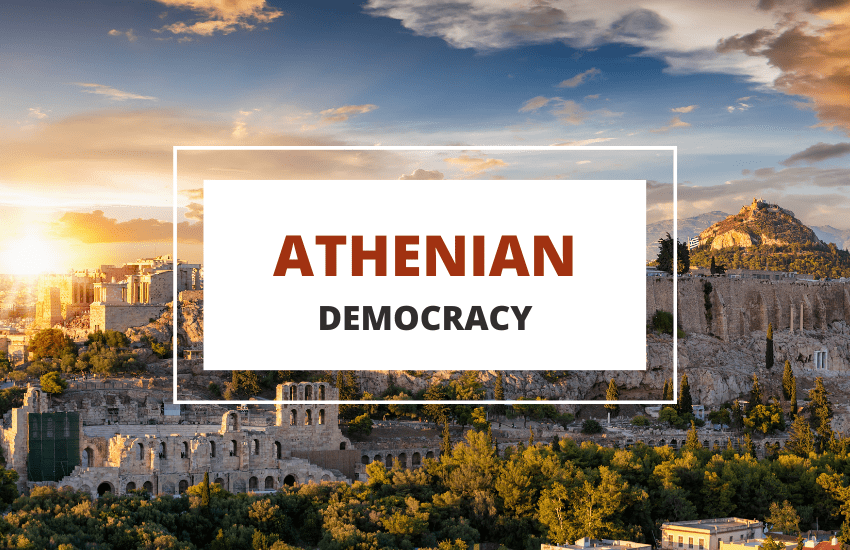
Table of Contents
Athenian democracy was the first known democracy in the world. Despite Aristotle alluding to the fact that Athens wasn’t the only city that had adopted a democratic government, Athens was the only city-state that had records of its development and establishment of democratic institutions.
Having the records of Athens’s history helped historians to speculate how Greek democracy originated and spread. In this manner, we know that before Athens had its first attempt at a democratic government, it was ruled by chief magistrates and the Areopagus, all of whom were aristocrats.
The institution of democracy in Athens occurred in several phases as a result of economic, political, and social circumstances. These aspects deteriorated gradually as a consequence of the political system that had first been ruled by kings. Subsequently, the city ended up in an oligarchy that only elected officials from aristocratic families.
Sources differ on how many stages there were in the development of Athenian democracy. In this article, let’s take a look at seven most relevant phases in the history of this democratic city-state.
Draconian Constitution (621 B.C.)
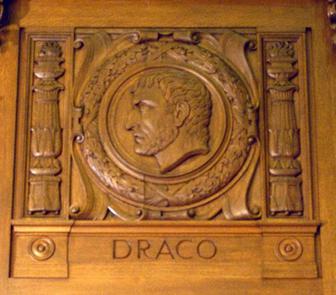
Draco was the first recorded legislator or lawgiver of Athens. He changed the perennial system of oral law to a written law that could only be applied by a court of law. This written code would be known as the Draconian Constitution.
The Draconian Constitution was extremely severe and rigid. These characteristics were the reason why almost every single law was repealed later. In spite of this, this legal code was part of the first of its kind, and it’s considered the earliest breakthrough in Athenian democracy.
Solon (c. 600 – 561 B.C.)
Solon was a poet, constitutional lawmaker, and leader who fought against the political and economic deterioration of Athens. He redefined the constitution to create the roots of democracy. However, while doing so, he also created other problems that needed to be fixed.
One of the most relevant reforms to the constitution was that people other than aristocrats born in noble families could run for certain offices. Replacing the hereditary right to be part of the government with a right based on wealth, where depending on how much property they owned they could be entitled to or denied their candidacy. Despite these changes, Solon kept Attica and Athens’ social hierarchy of clans and tribes.
After the end of his rule, there was a lot of unrest within the political factions which set off a many conflicts. One side was composed of the middle class and peasants who favored his reforms while the other side, composed of nobles, favored the restoration of the old type of aristocratic government.
The Peisistratids’ Tyranny (561 – 510 B.C.)
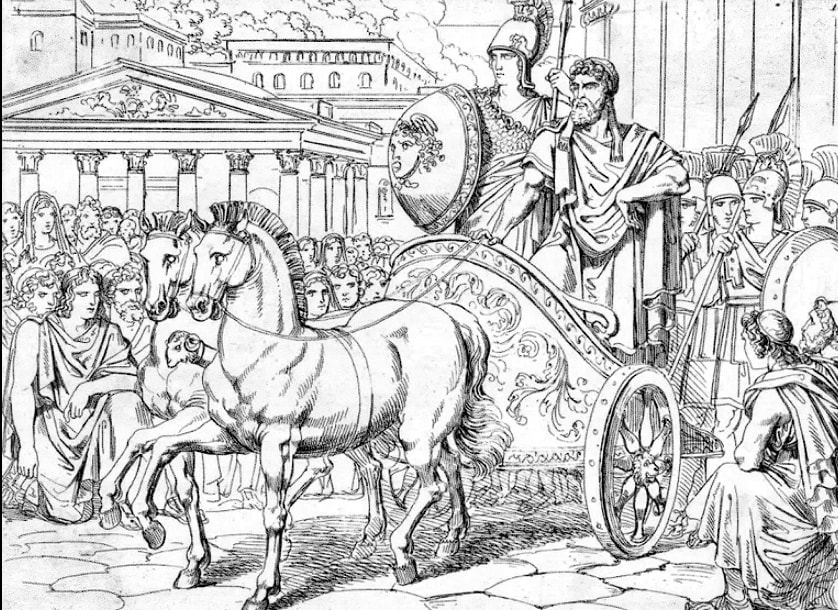
Peisistratus was a ruler of ancient Athens. In his first attempt to rule, he benefited from the unrest within the political factions and gained control of the Acropolis through a coup in 561 B.C. However, it was short-lived because the major clans removed him from his position.
After his failure, he tried again. This time, he received help from a foreign army and the Hill Party which consisted of men that weren’t in either the Plain or Coast parties. Thanks to this he finally was able to take control of Attica and become a constitutional tyrant.
His tyranny went on for decades, and it didn’t end with his death. Peisistratus’ sons, Hippias and Hipparchus followed his steps and took power. It is said that they were even harsher than their father when they were in power. There’s also a lot of confusion as to who succeeded first.
Cleisthenes (510 – c. 462 B.C.)
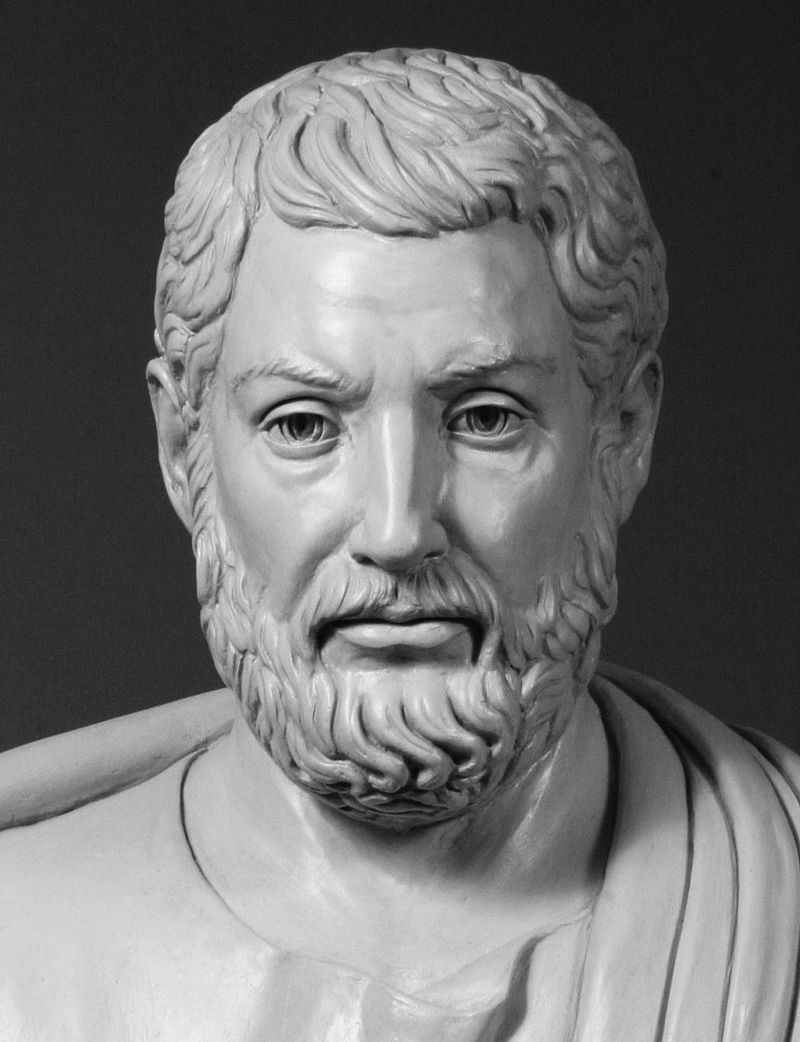
Cleisthenes was an Athenian lawgiver, best known as the father of Athenian democracy among historians. He reformed the constitution with the objective of making it democratic.
He became relevant after Spartan troops aided Athenians in the overthrowing of Hippias.
– Cleisthenes against Isagoras – After the Spartans toppled the tyranny, Cleomenes I established a pro-Spartan oligarchy that had Isagoras as a leader. Cleisthenes was Isagoras’ adversary. The middle class backed him up, and he had the help of the democrats.
Despite the fact that Isagoras seemed to be in advantage, Cleisthenes ended up taking over the government because he promised citizenship to those who had been left out. Cleomenes tried to intervene twice but was unsuccessful due to the support Cleisthenes had.
– The 10 Tribes of Athens and Cleisthenes – Following his take over, Cleisthenes encountered the issues that Solon created as a result of his democratic reforms while he was in power. Nothing stopped him from trying though.
The most prominent issue was the allegiance of the citizens to their clans. To fix it, he decided that the communities should be divided into three regions: inland, city, and coast. Then he divided the communities into 10 groups called trittyes.
Soon after, he disposed of the tribes that were birth-based and created 10 new ones that consisted of one trittyes from each of the regions previously mentioned. Among the names of the new tribes, there were the ones of local heroes, for example, Leontis, Antiochis, Cecropis, and so on.
– Cleisthenes and The Council of 500 – Despite the changes, the Areopagus or the Athenian governing council, and the archons or rulers were still in place. However, Cleisthenes altered the Council of 400 put in place by Solon, which included the old 4 tribes to a Council of 500.
Each of the ten tribes had to contribute 50 members every year. As a consequence, as time passed, the members started to be chosen by lottery. The citizens that were eligible were those who were 30 years old or older and approved by the previous council.
– Ostracism – According to records of his government, Cleisthenes was responsible for the implementation of ostracism. This granted the citizens the right to temporarily remove, on a 10-year exile, another citizen if they were afraid that person was becoming too powerful.
Pericles (c. 462 – 431 B.C.)
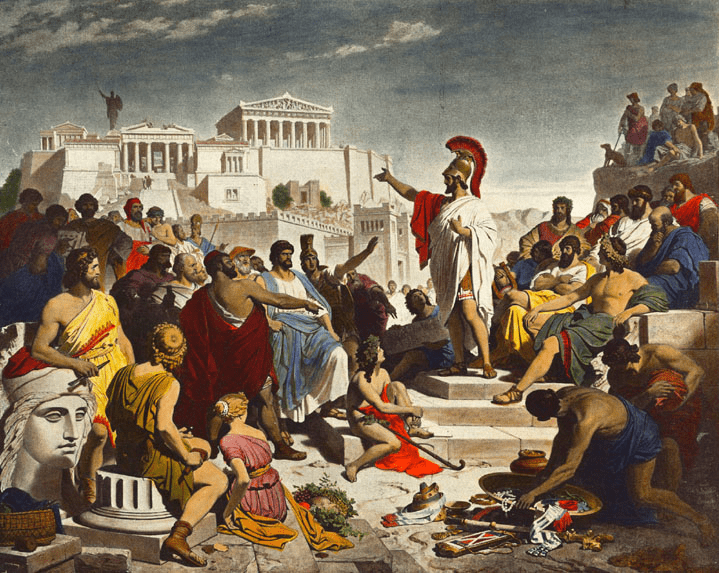
Pericles was an Athenian general and politician. He was the leader of Athens from around 461/2 to 429 B.C. and historians call this period the Age of Pericles, where Athens rebuilt what had been destroyed in the Greco-Persian wars.
He followed in his mentor’s steps, Ephialtes, who removed the Areopagus as a powerful political institution, by winning the election for general one year and every single one after it until he died in 429 B.C.
The general delivered a funeral speech for his participation in the Peloponnesian War. Thucydides wrote the oration, and Pericles presented it not only to pay his respect to the dead men but also to praise democracy as a form of government.
In this public speech, he stated that democracy allowed civilization to move forward thanks to merit rather than inherited power or wealth. He also believed that in democracy, justice is equal for everyone in their own disputes.
Spartan Oligarchies (431 – 338 B.C.)
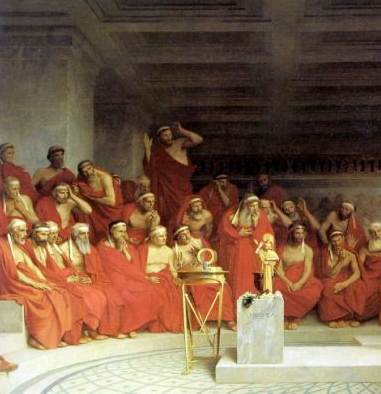
War with the Spartans had the defeat of Athens as a consequence. This defeat resulted in two oligarchic revolutions in 411 and 404 B.C. that tried to destroy the democratic government of Athens.
However, in 411 B.C. the Spartan oligarchy only lasted 4 months before a more democratic administration took over Athens once more and lasted until 404 B.C, when the government ended up in the hands of the Thirty Tyrants.
Moreover, the 404 B.C. oligarchy, which was a result of Athens surrendering again to Sparta, lasted only a year when pro-democratic elements regained control until Phillip II and his Macedonian army conquered Athens in 338 B.C.
Macedonian and Roman Domination (338 – 86 B.C.)
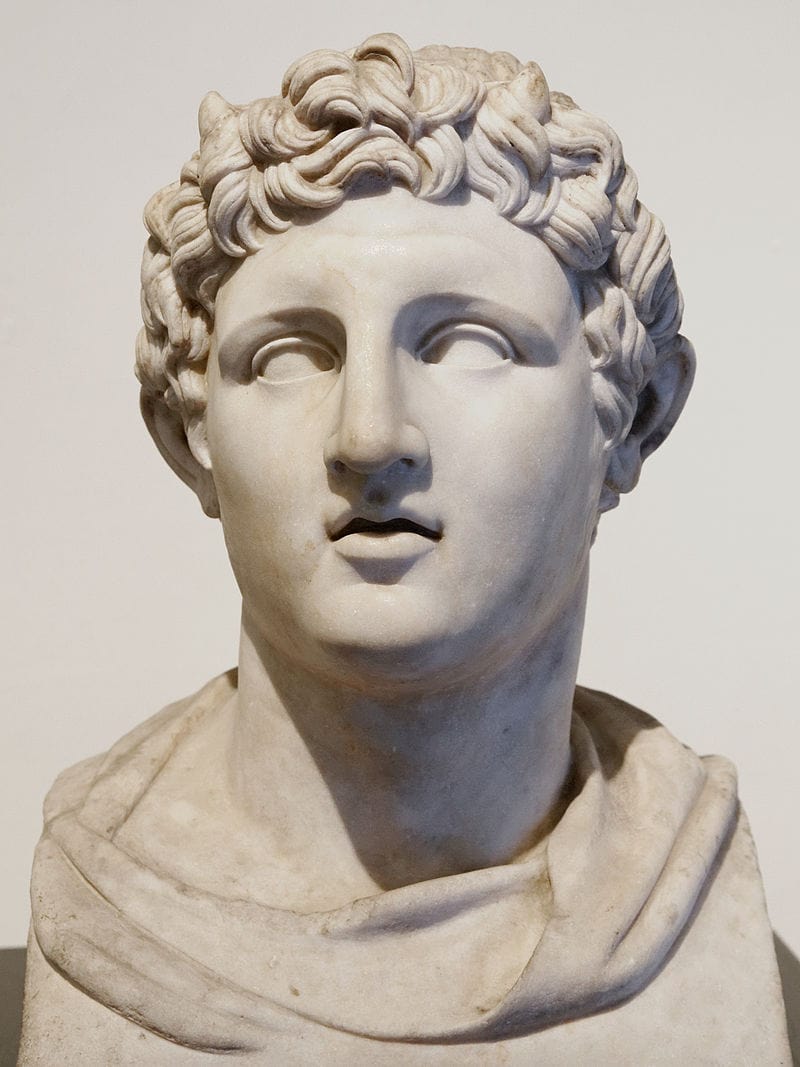
When Greece went to war in 336 B.C. against Persia, its soldiers ended up becoming prisoners because of their states’ actions and that of their allies. All of this led to a war between Sparta and Athens against Macedonia, which they lost.
As a consequence, Athens was a victim of Hellenistic control. The Macedonian king assigned a trusted local as the political governor in Athens. The Athenian public considered these governors as mere Macedonian dictators despite the fact they kept some of the traditional Athenian institutions in place
Demetrios Poliorcetes finished Cassander’s rule in Athens. As a result, democracy was restored in 307 B.C., but this meant that Athens became politically powerless because it was still affiliated with Rome.
With this situation at hand, the Athenians went to war with Rome, and in 146 B.C. Athens became an autonomous city under Roman rule. Allowing them to have democratic practices to the best extent they could.
Later, Athenion led a revolution in 88 B.C. that made him a tyrant. He coerced the Council so that they agreed to put in power whoever he chose. Soon after, he went to war with Rome and died during it. He was replaced by Aristion.
Despite the fact that the Athenians lost in the war with Rome, the Roman general Publius let the Athenians live. He left them to their own devices and restored the previous democratic government too.
Wrapping Up
The Athenian democracy definitely had different stages and struggles to stay in place. From changes from oral law to a written constitution to definite fights against the attempts to put in place an oligarchy as a form of government, it surely developed beautifully.
If it weren’t for Athens and cities alike that fought for democracy to be the norm, maybe the world would have delayed its social and political development by around 500 years or more. Athenians were definitely the pioneers of modern models of political systems, and we are grateful for that.








